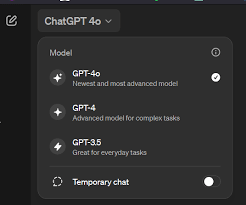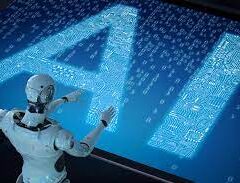Is OpenAI (and others) misleading us about the pace of AI improvement? Do GPT 4o lies abound?
Is AI excessively hyped, akin to the “NFT moment” that led to a subsequent downturn? Or even the dot com bubble that eventually had to burst?
Daily updates on AI developments are a routine part of many AI enthusiasts reading.
People tend to vacillate between the idea that we’re approaching AGI (artificial general intelligence) swiftly or hitting a plateau in LLM capabilities.
Compelling arguments exist on both sides.
This insight explores the notion that AI might be overly hyped. Do GPT 4o lies abound is a question being asked around the web.
GPT-4o is used daily by millions of people.
Observations by AI evangelists, suggest a decline in GPT-4o’s capabilities since its release. Though anecdotal, the decline is noticeable.
For instance, tasks like placing affiliate links in articles are sometimes mishandled by GPT-4o, which previously performed better. The model’s abilities appear to fluctuate over time. Changing tense or tone sometimes barely happens at all and sometimes completely rewrites and changes the original meaning.
While GPT-4o is notably fast, its accuracy and comprehension of instructions seem inferior to even GPT-4.
OpenAI has a motive to promote GPT-4o over GPT-4 due to electricity cost savings, which are considerable.
Emphasizing the speed and downplaying capability might ensure user satisfaction and maintain Plus memberships.
Why it suspected AI might be overhyped?
Companies have financial incentives to exaggerate AI’s capabilities to attract attention and funding.
Instances of companies exaggerating claims during AI demonstrations have been documented (Google, OpenAI, Amazon, etc.).
Personal experiences indicate many AI models are slowing down.
Despite exponentially increasing model parameters, performance improvements are not proportional (you can’t get more juice from a lemon by squeezing harder).
Some argue that AI models are made to sound more human-emulating voice, potentially blurring the line between genuine intelligence and simulated behavior.
This insight believes the most advanced AI models surpass current presentations but are not energy-efficient enough for widespread affordability.
Consequently, model capabilities are deliberately limited.
What say you.











